Ex-CD Projekt devs want to tackle taboo topics and crunch culture with Dawnwalker

After 13 years at CD Projekt Red working on RPGs – The Witcher series, Thronebreaker, and Cyberpunk 2077 – Mateusz Tomaszkiewicz wanted to develop his craft, to see how stories are woven into other types of experiences. Now he’s back in the dungeon master’s seat as creative director on Dawnwalker, a new dark fantasy RPG from Rebel Wolves, a team of CD Project Red veterans who aim to run a developer-first company that still makes big games where choices matter.
“I am at this stage where I don't want to be stuck in one place,” Tomaszkiewicz says. “When I was leaving CD Projekt it was like: if I stay, I will stay forever. I'd been there for so long I’d never seen how other companies operate. I know the people, I know the way that the company works. I know the rituals and the processes, and I felt like stepping out of my comfort zone.”
Thronebreaker – a card game and RPG hybrid set in the world of The Witcher – was Tomaszkiewicz’s baby; different from what he’d worked on before, but still centered around the story, characters, and world. Cyberpunk 2077 built upon what the team did with The Witcher 3 while transporting it to a sci-fi setting.
But Tomaszkiewicz wanted to see how studios worked when the story wasn’t always king, to flesh out his competencies as a writer and developer. It was the right time, too, with pre-production gearing up on Phantom Liberty. If he hadn’t left right there, right at that very moment, he would have been swept up in the next RPG epic and taken along for the ride.
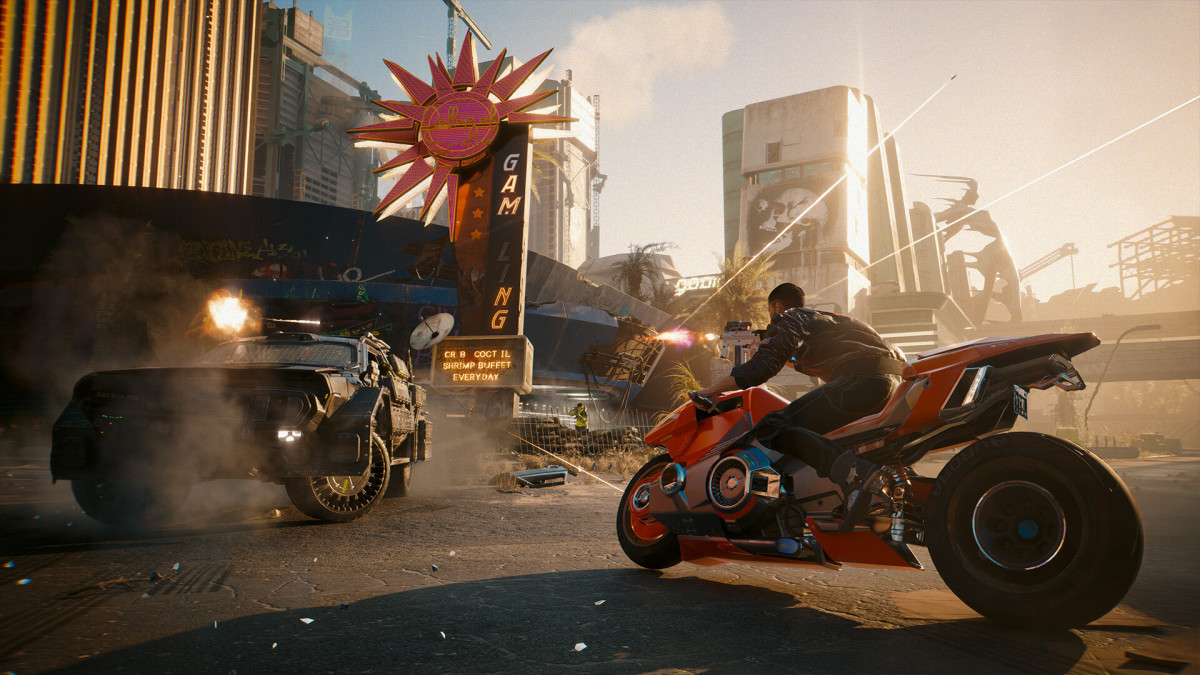
“I love board games in general,” he says of choosing his next role working on Kinfire. “What I like about them is they experiment with mechanics. [Working on this opened] my mind to different kinds of mechanics. How can they help you build cool narratives, instead of the narrative fighting with the mechanics?
“Sometimes it might feel like you're building a narrative and you're trying to bypass [the mechanics] to make it good. But board games try to find creative ways to integrate them – the narrative supports the mechanics and vice versa. It’s organic.”
A good example of a recent game doing this would be Baldur’s Gate 3. Take the necromancy spell, Speak with the Dead. You activate it just like any other power in your arsenal, but it’s functionally identical to picking up and reading a lore item, like the books in Skyrim – it’s a “learn more about the world” ability. Instantly you’re more engaged because you made an active choice to equip or learn the spell, and again to target a specific corpse. There are flashes of it in Cyberpunk 2077, too, which allows you to pull out your weapon in the middle of many conversations, cutting your verbal sparring partner short with a slug to the skull. Beats pressing the “skip dialogue” button when you’re in a rush.
After Kinfire, he moved on to Riot Games, where he learned how studios work when mechanics are king.
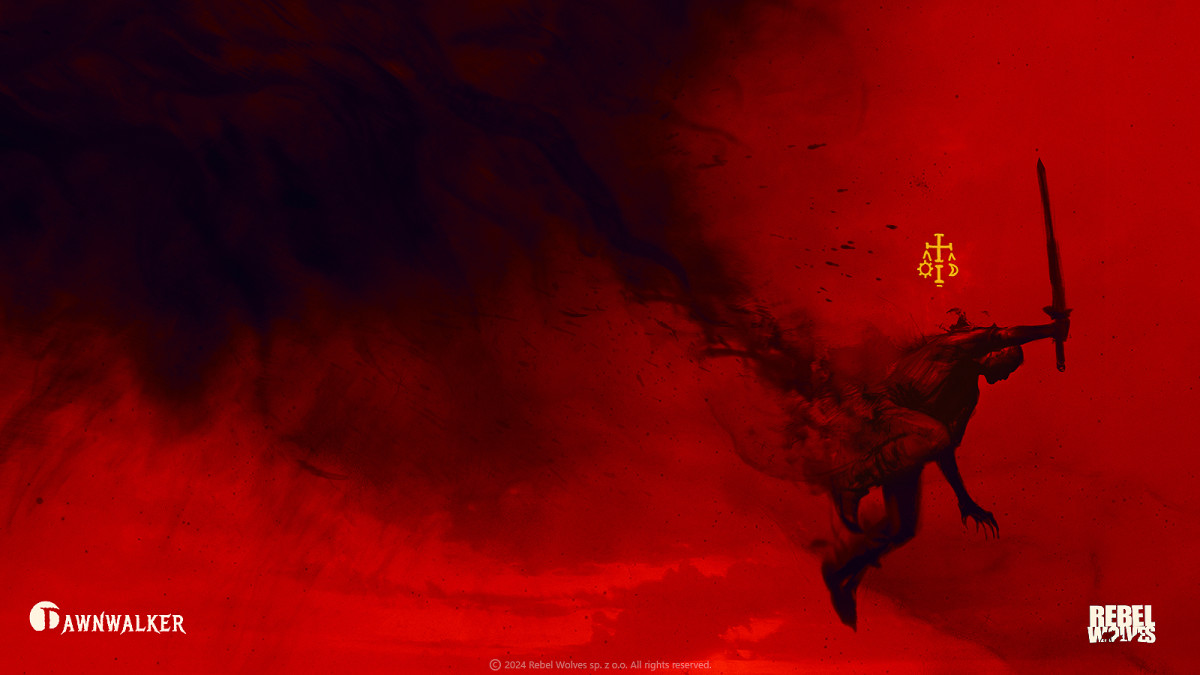
“They have a completely different culture,” he explains. “At CDPR, the narrative always dictated everything in production because everything follows the narrative and story.”
If a developer came up with a cool new magic system for Geralt to use in The Witcher 3, it wouldn’t get into the game because witchers use basic “signs”. They aren’t mages and so it would break the fiction of the world. No mechanic would be cool enough for the developers to consider breaking the cohesion of the setting, characters, and world.
“Riot is rooted so deeply in League of Legends, which is [pure] gameplay,” he says. “They are much more focused on the mechanics, and the player experience, but from the side of playing the game. You can feel it in the processes, the ritual, the way the discussions go, which was interesting to see. It helped me [to better understand] how you can design games that work for large groups of players for a long time.”
Now he’s going back to deep RPGs where player choice is the core of the experience. Rebel Wolves takes its name from the fact they see themselves as pack animals, and if you read what’s on their website – they plan to “revolutionize the RPG genre” – you’ll see that they’re also hungry. Very hungry.
Best RPGs you can play right now
“I kind of missed it, to be honest,” he says. “[RPGs have] certain unique advantages that are difficult to get in other genres. I love branching narratives. I love a crafted experience that is built for the players so that they can just sit down and immerse themselves. This is how I usually play, and single-player RPGs are good at this.”
It wasn’t just the game that tempted him back, though. Check the studio website and its mission statement is right there on the front page: “We decided to create our own studio and run it on our own terms. Chief among them: the team comes first, always. Happy people make great games – games players want and deserve. Yes, it’s as simple as that.” A true wolf pack.
The studio was formed to push back against crunch culture – where developers are mandated to work day and night as deadline looms – and corporate meddling, allowing the team to focus on making the best game they can make. Creatives at the forefront. The founders and management team are all developers who understand what it’s like to be in the trenches.
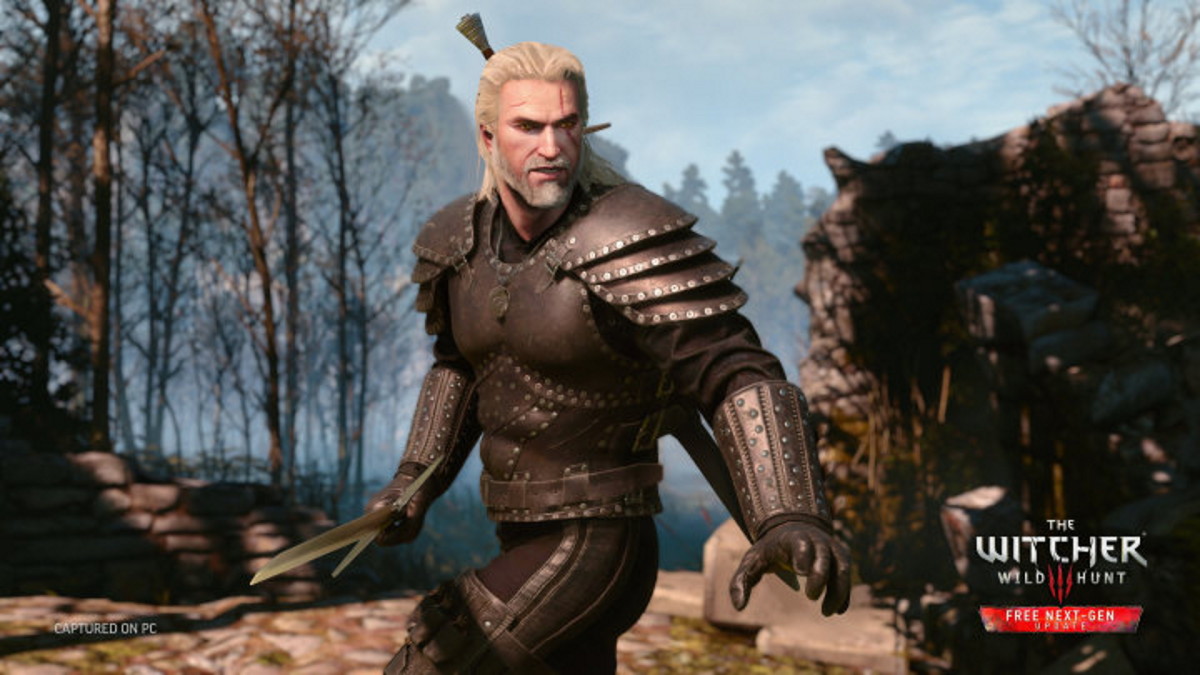
“We have a lot of veterans in the company,” Tomaszkiewicz says. “All of us had some experiences with things like crunch, or different workplace situations. I think it's only natural to have some frustration from all these experiences. The co-owners are mostly developers, so all of them had these experiences. They have a lot of thoughts on how things could be done better, more calmly, and in a more organized manner.”
Tomaszkiewicz doesn’t claim the studio has solved every issue in the industry, but it’s putting the resolution of them at the top of its mission statement. They want to work with the best talent, make sure they’re happy and comfortable – using a mix of remote workers and in-office – and let them work their magic. But what is this new game, Dawnwalker? Rebel Wolves isn’t ready to talk about it just yet, so we chatted about Tomaszkiewicz’s design ethos instead to see what we can glean from picking at his brain.
His first job at CDPR was on The Witcher 1: Enhanced Edition, which he worked on as a QA tester. He can still remember the in-development names for the quests, which were just random number strings, and he still thinks about his time on it. One of his favorite things about The Witcher 2, which CDPR put him on next, is how your actions in the first act of the game completely change the second act – a trick CDPR also pulled with Phantom Liberty, which has two different missions for act three. Few games have gone this big on player choice and consequence.
“I love that aspect of it,” he says. “It feels completely different. It was cool. Maybe it wasn't the best business decision because a lot of people complained that the game was too short. And the reason is because you have to play twice. But that's the thing with me: I prefer to do cool, creative things I never saw before rather than the right business decisions, which maybe is the wrong way to think about that.”
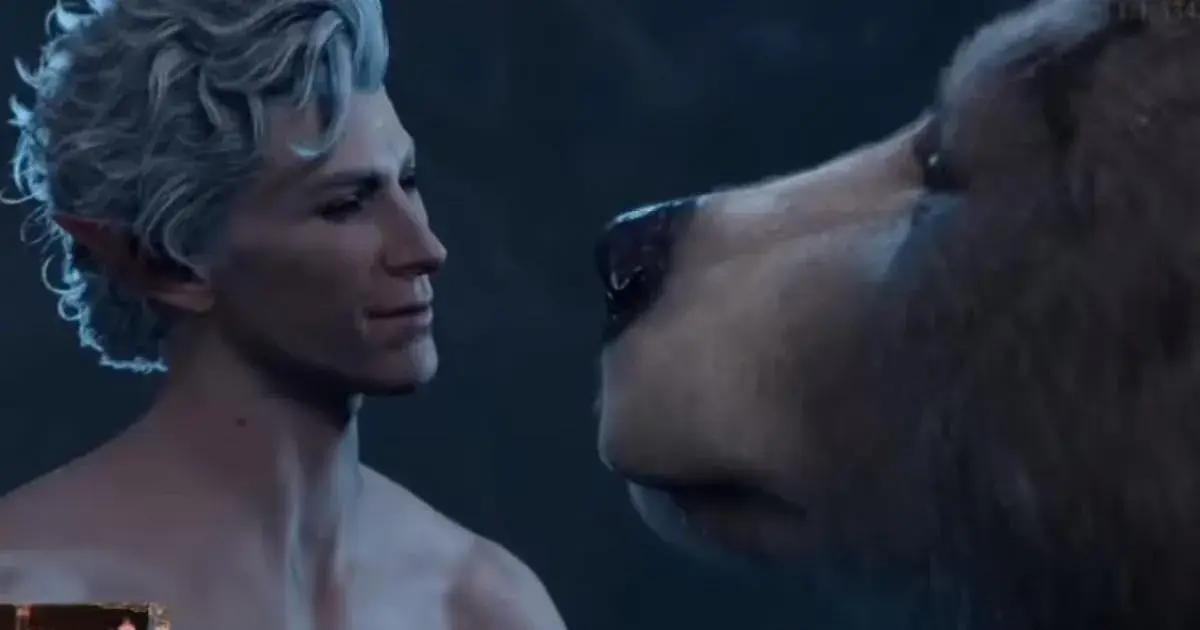
It might make the suits sweat under their white collars, but this is the kind of thing players want to hear. There’s a real appetite for new experiences and games that feel personal to your playthrough, and it’s something I’d take any day over a scripted explosion your in-game camera is forced to ogle at.
“I love experimenting with it,” he says. “Because I think the medium offers so much and it's just such a waste to just narrow it down to a nice recipe for a best-selling game.”
Tomaszkiewicz is also critical of himself to a fault. When I ask about his biggest regrets from his time at CDPR, he reels them off, big and small. They shouldn’t have pushed as hard to iron out the bugs in The Witcher 3, which took a toll on the team, he says. But he’s almost as frustrated that his intent in a certain scene didn’t come across how he wanted it to.
“In The Witcher 3 there is this plotline with Dijkstra, Radovid, and Vernon Roche,” he explains. “Once you go and assassinate the king, you have this standoff where Dijkstra and Roche have different opinions on what should be done with Nilfgaard. Roche and the others are basically on this side of, ‘Let's cut a deal with the Emperor, and we'll get a kingdom with some amount of independence, and that's good enough’. Dijkstra was like, ‘No, we cannot do this – we have to keep fighting and push them back. We can win this.’
“When you explain it like this, it feels like we’re standing on the right side of history with Dijkstra. At least from a Polish person's perspective – we are the insurrectionists, famously. But the way we built that choice was they disagree and so Dijkstra decides to kill them. The player has the choice either to leave them to Dijkstra, or stay and help them. But the problem was, players didn't think about what was right for tomorrow. They were thinking: this guy is trying to kill my friends. I don't remember the exact statistic, but a majority of players would help Roche.”
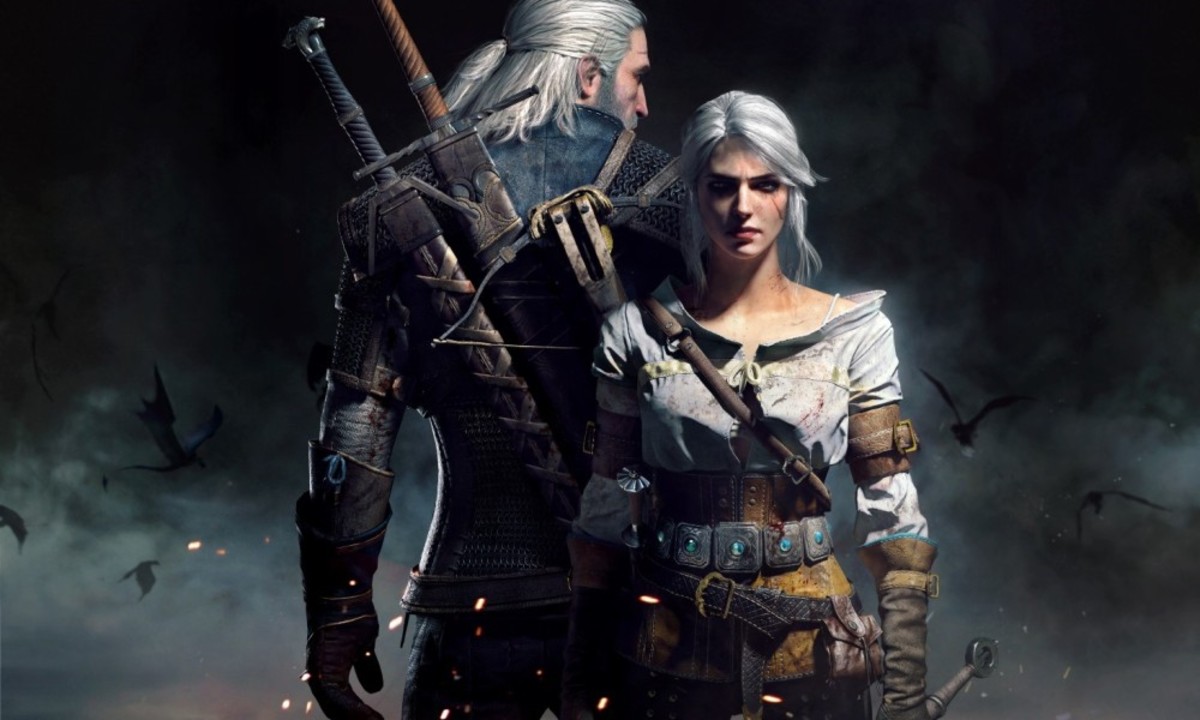
As a player, I can’t even remember which way I swung on this particular quest, but Tomaszkiewicz says I probably sided with Roche. It’s statistically very unlikely that I didn’t. According to the writer, this is due to a flaw in how all of this is presented because it paints Dijkstra – one of the smartest people on The Continent – as someone who makes rash decisions, and the choice doesn’t take into account how the player feels about their companions. It haunts Tomaszkiewicz like that little black dot you thought was a comma on your monitor but is actually a spec of dirt.
“That's another thing – this perfectionism is mostly in my head,” he says. “It sometimes comes back to you. I play some other game and I see a similar situation handled better, and I'm like, ‘Wow, yeah, we could have done that’.”
Another thing he looks back on with regret is not being able to make room for Iorweth in The Witcher 3. The elven leader of the Scoia'tael was a major part of The Witcher 2, but he was overlooked in the sequel, leaving many players disappointed. In retrospect, Tomaszkiewicz would have pushed something else out to make room for him in Geralt’s swansong.
“We had him in The Witcher 3’s story for a bit,” he explains. “The problem we had was too many plot lines. It was getting too complicated, and it was too difficult to keep track of. But at the same time that was a big player expectation. He was a very popular character.”
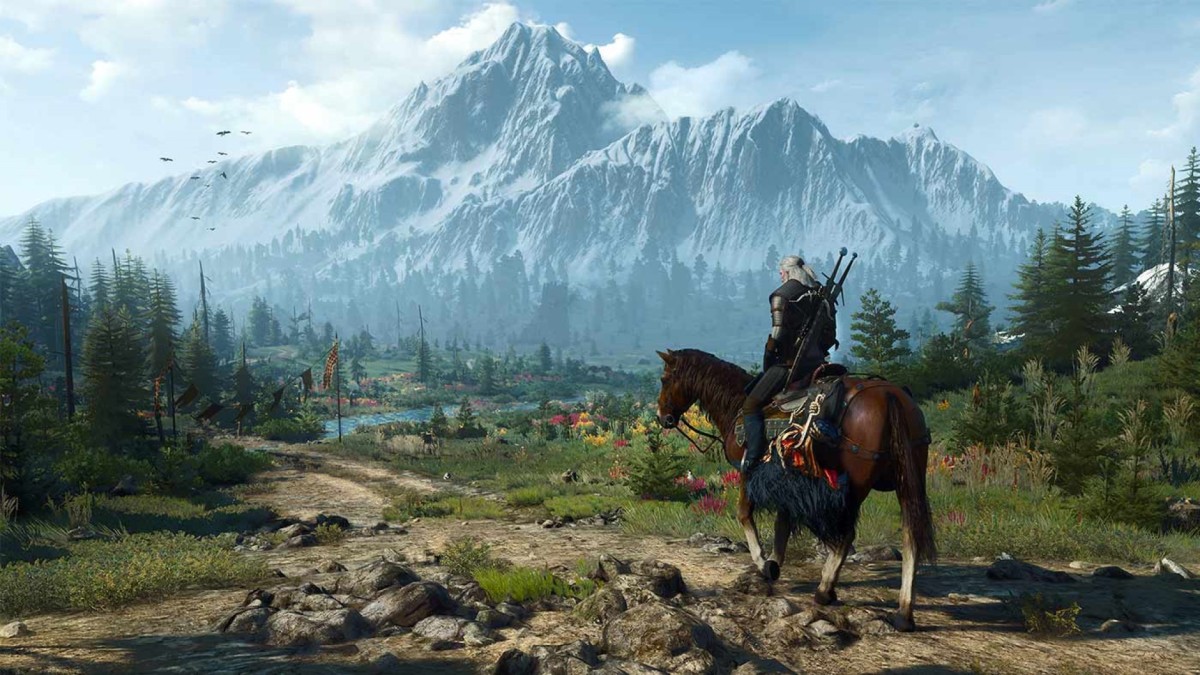
At some point, though, you’ve got to draw a line in the sand. Game development doesn’t have an endpoint. Games could be developed forever – just ask Eric Barone, creator of Stardew Valley, who somehow keeps finding time to deliver free updates. Games are art, but the gods of capitalism must be appeased if the developers are to get paid. But as with anything, you learn your lessons, you improve your craft, and you strive to do better in whatever you do next. And what’s next for Tomaszkiewicz is Dawnwalker.
“We have a lot of people that used to work on these games [at Rebel Wolves], a lot of veterans,” he says. “So you can expect us to have a certain approach to game-making, but we also took certain lessons from our past experiences. I hope it will be a game that a lot of people will feel comfortable with, but I think we can also attract people who didn't play these games, and they will find some new and fresh ideas in it as well. We are not trying to reproduce certain old ideas. We have a lot of fresh ideas as well. I love experimenting.”
The studio’s aspirational goal is to use Dawnwalker as a foundation for future experiences, with each game improving on what came before. Tomaszkiewicz cites Baldur’s Gate 3 as a big inspiration – in particular, its deep interactivity and how player interaction informs the story and impacts the world around them. The world will be full of deep, nuanced characters who are morally grey and flawed – like real people. And they want to tackle difficult subjects and make sure they actually have something to say about them.
“I love that games are going into more mature stories,” he says. “And not superficially – like it’s just gore. That's not maturity. I'm talking about exploring complex subjects, and that movies have been exploring for a long time already. Or, hopefully, new subjects, new topics. I like taking a subject and looking at it from all directions and not just one – not just showing it as this binary problem. It’s good or bad. That's it. Let's move on. No, it's a complex issue.
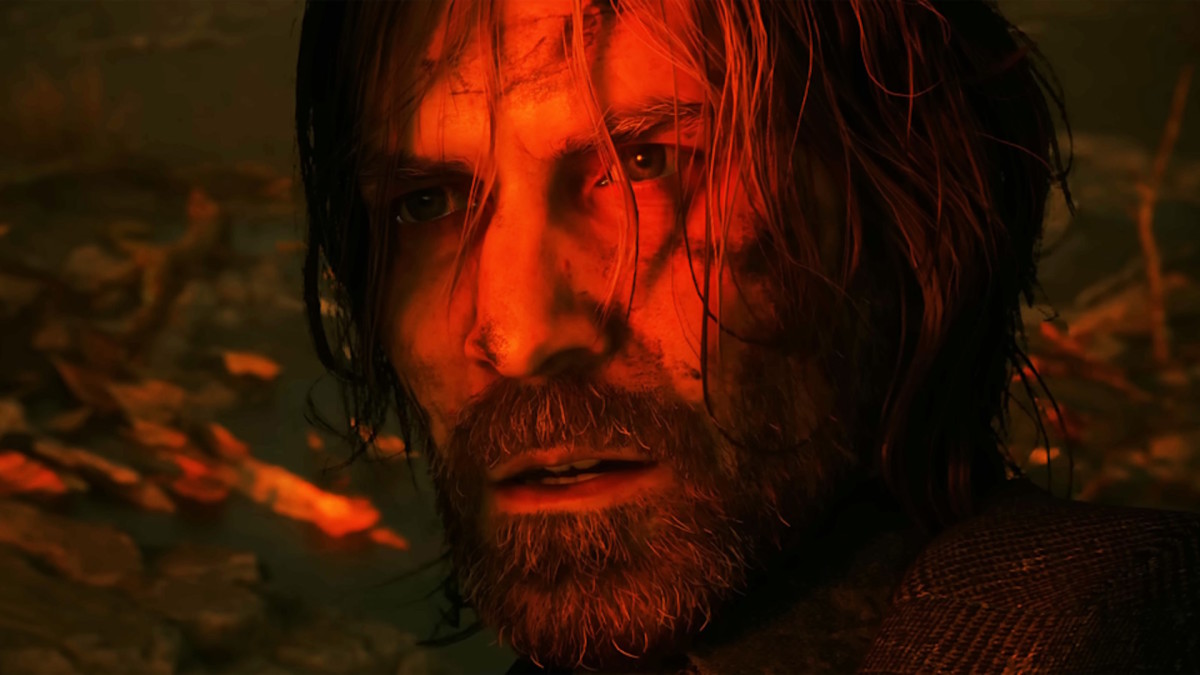
“For example, looking at Alan Wake; he's not outright a good guy. He had some toxic behaviors, and he struggled to deal with them. And that's impacted him, his marriage, and all that. And of course, on top of that, you have the layer of supernatural stuff. But the subjects they touch ring true because you know people like that, or you've heard about people like that. Even though he's a famous writer, and he's very likable, he's not perfect.”
Another good example of this layered character writing is seen in The Witcher 3’s Bloody Baron questline, where you’re forced to work with a wretch of a man. He abused his wife and child, and they’ve disappeared, and you’re caught in this moral dilemma where they’re out in the wilds with the monsters, but you might be saving them just to bring them back home to a different kind of monster. But the Baron is also pathetic to the point where you might feel a pang of empathy for him. He’s not evil – he’s just a terrible person who’s unhappy with himself so he lashes out at the people he loves. And he does love them. It’s complex and messy like real people are. Outside there are witches and phantoms, but here’s a short tragedy about a man who’s been beaten by the bottle and a woman trying to protect herself and her child – on top of this, a layer of irony: you’re only working for him so you can protect your own daughter.
“Most of the time, people are afraid to touch this stuff,” he says. “Because it's very easy to misrepresent, and makes some people feel bad when they play through it. But I think we have to be able to talk about difficult subjects. The clue here is not to slide on the surface – go deeper in and explore it. Surface all the nuance of it.”
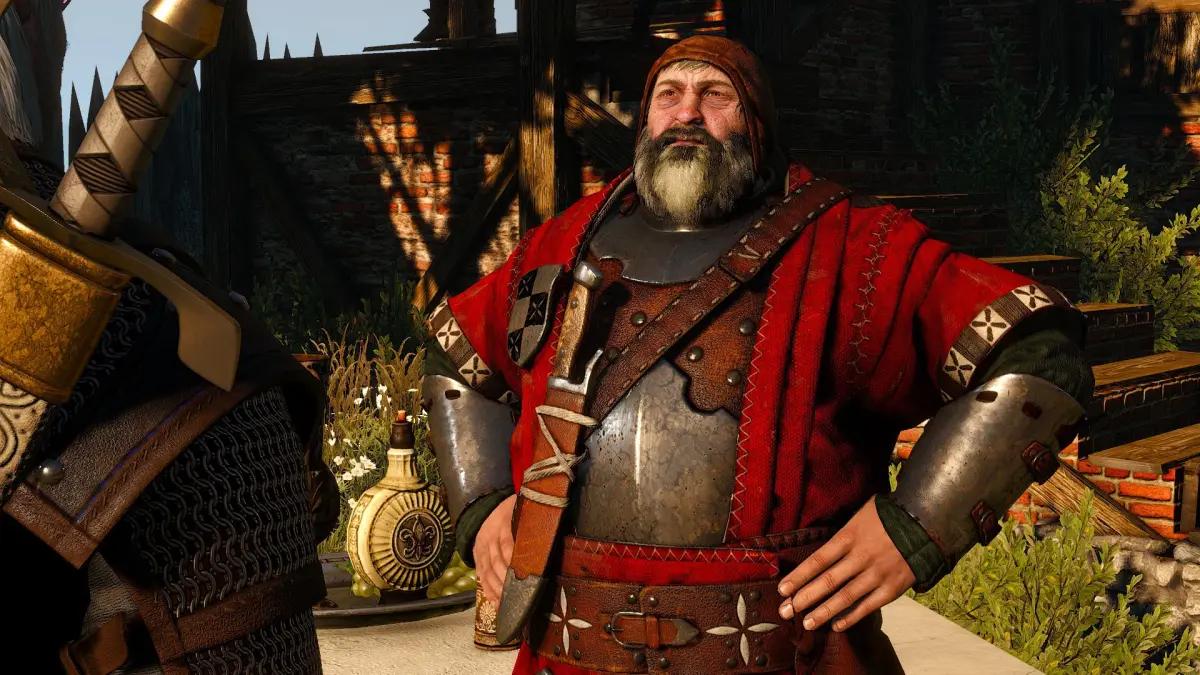
There’s a major difference between portrayal and advocation. Characters are vessels through which we can explore our humanity and learn about all that’s good or wrong with us; writing is a place where we can see ourselves and our friends and family reflected, or where we can find perspective on the wider world. Video games can and should be free to touch on difficult subjects that make us uncomfortable because it’s when we’re uncomfortable that we find a better way to position ourselves.
“I think you need to be able to talk about problems to solve them,” Tomaszkiewicz says. “If we don't talk about them, you're building taboos. So they're growing to be this big thing that you cannot solve because we're not talking about them. I think disclaimers are absolutely fine. If someone feels like they're in a difficult spot in their life, or like they have some traumatic experience that might, you know, put them in a bad place, a warning is good. I think that's a good approach.”
Tomaszkiewicz says the issue is when writers tip over into edginess and just portray something for shock value, without dissecting it. “If you want to take heavy subject matter, treat it with respect and let it unfold, let the nuance be highlighted. But if it's drawn in for a cheap emotional response, and you just put it in, then I think it's bad.”
Whatever the team at Rebel Wolves is doing with Dawnwalker, it seems like it’s in safe hands with Tomaszkiewicz.
